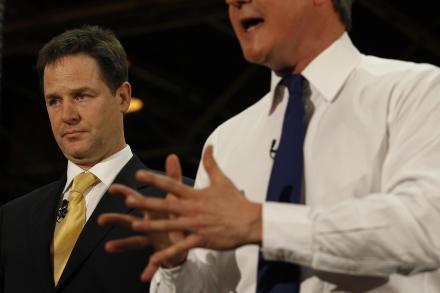What to make of Gove’s remark about for-profit free schools?
Garlands from all quarters for Michael Gove’s performance at the Leveson Inquiry this afternoon (well, not quite all quarters) — but the most significant thing that the Education Secretary said wasn’t actually related to the media, but to his ministerial brief. When asked about the prospect of profit-making free schools, he replied that they ‘could’ happen ‘when we come to that bridge’. It’s probably the clearest statement that Gove has made, on record, to demonstrate that he’s not averse to introducing the sort of profit arrangements that could give his agenda an almighty boost. The question is: when will he get to that bridge, then? My understanding is that it’s















